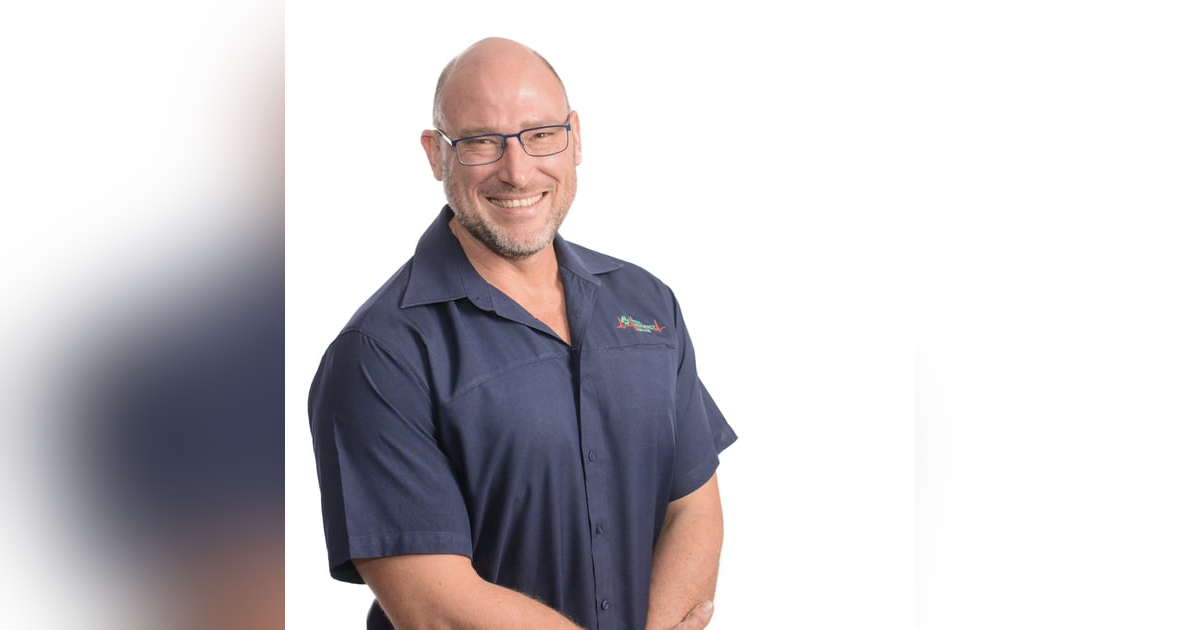#9: Getting comfortable with uncertainty. Dr Rob Webster

Dr. Rob Webster is an emergency and critical care specialist and one of the founding members of Animal Emergency Australia, a group of emergency clinics in southeastern Queensland. Outside of his clinical and leadership roles within the practice he has also trained and mentored large numbers of vets and vet nurses, inspiring them with his boundless energy and infectious enthusiasm. We pinned him down in his garden in far northern Queensland to see if we could extract some of that wisdom for our own good and yours, and he did not disappoint! We cover valuable ground, such as how he approaches challenges in the face of fear and uncertainty, despite feeling completely overwhelmed. He gives us his views on charting a career path, on whether to specialise or not. Rob even gives us a few study tips and tells us what he thinks one of the best things is that you can commit your time to, and on why you should always listen to your mother. Please join us in this fascinating conversation with Dr. Rob, and be inspired!






